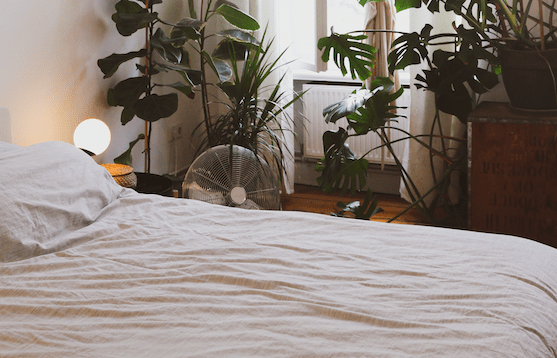The controversial nature of the student lie-in
There are many things that society, rightly or wrongly, associates with students – partying all the time, drinking far too much, being wild and radical and, perhaps most accurately, operating during nocturnal hours. The vision of students staying up all night before sleeping for most of the daylight hours is a stereotype that has been linked to our generation for as long as can be remembered.
Indeed, it was because of this desire to sleep in that a 9 am lecture or seminar was so dreaded. Relaxing until midday provided the chance to catch up on sleep missed rather than turn up to their academic studies mentally in another world. Like with everything else, the pandemic has utterly altered this.
Learning has been fully online for what seems like forever. Rather than having to catch the U1 or rush from your on-campus accommodation, the journey is now only as far as leaving your bed and sitting on your office chair.
For students, that absence of a commute crosses weekends and weekdays
Whether lie-ins and sleeping during the day are valuable or damaging to our health is a view that easily divides people. For most working individuals, the lie-in is perhaps the clearest distinction between weekdays and weekends. There is no mad rush of traffic, just a completely free day ahead of us. For students, that absence of a commute crosses weekends and weekdays.
However, while a joyous lay-in can seem such a pleasure in the short term, it might not benefit us in the long run. According to the University of Michigan, not sticking to a regular sleeping schedule can increase the likelihood of depression. Nonetheless, this appears unrealistic. If someone has to wake early during the week because of a long commute, the weekend will be precisely the time for them to recharge their batteries by spending more time asleep.
Even Lisa Artis, the deputy CEO of The Sleep Charity, has argued that the occasional lie-in has little harm as staying in bed can contribute to our mental health. The advice is obviously conflicting. We are often told of the importance of getting eight hours of rest each day. It is therefore important to recognise that time spent asleep or in bed is not time wasted. Despite the extra stresses of online exams and essays, nobody is going to perform well if they are not personally rested.
When it comes to it, the temptation of extra time asleep is too much
That being said, I can occasionally feel quite sluggish if I have slept for too long. This often isn’t due to the amount of time spent in bed but the expectations I’ve set for myself the previous evening. Sometimes I’ll imagine waking up early the following morning, doing some reading and writing an article for this very newspaper. When it comes to it, the temptation of extra time asleep is too much.
I can therefore feel like the day is wasted. Activities I had planned to achieve early in the morning have been pushed back later in the day. I have less time for academic priorities and relaxing because of tasks that need to be done in a shorter amount of time. I have come to realise that when I wake up early, my mind is not in a state to perform complex tasks. That’s why I often enjoy listening to the radio early in the day as my body adjusts to another day.
The aspiration of balancing work with free time is important and a useful skill for life
Part of this I imagine stems from the yearning to lead a productive life. It’s remarkable to think about how quickly our time as a student goes by. That there are less than three years between arriving at university as a new fresher and graduating is remarkable enough in ordinary circumstances. With the pandemic and so much time spent at home, that time distance has felt even smaller. Time spent awake and virtually appreciating what university has to offer suddenly becomes more valuable and rarer.
Like with so much of university, our attitude towards sleep is so valuable. Not least during the essay and exam season, finding time to spend away from work is just as important as spending time doing research. While this is obviously easier said than done, the aspiration of balancing work with free time is important and a useful skill for life.
Although so much of the future is unclear, one thing’s for certain – after all the essays and exams have been submitted, I’ll look forward to a really long lie-in. We’ll all deserve one.

Comments